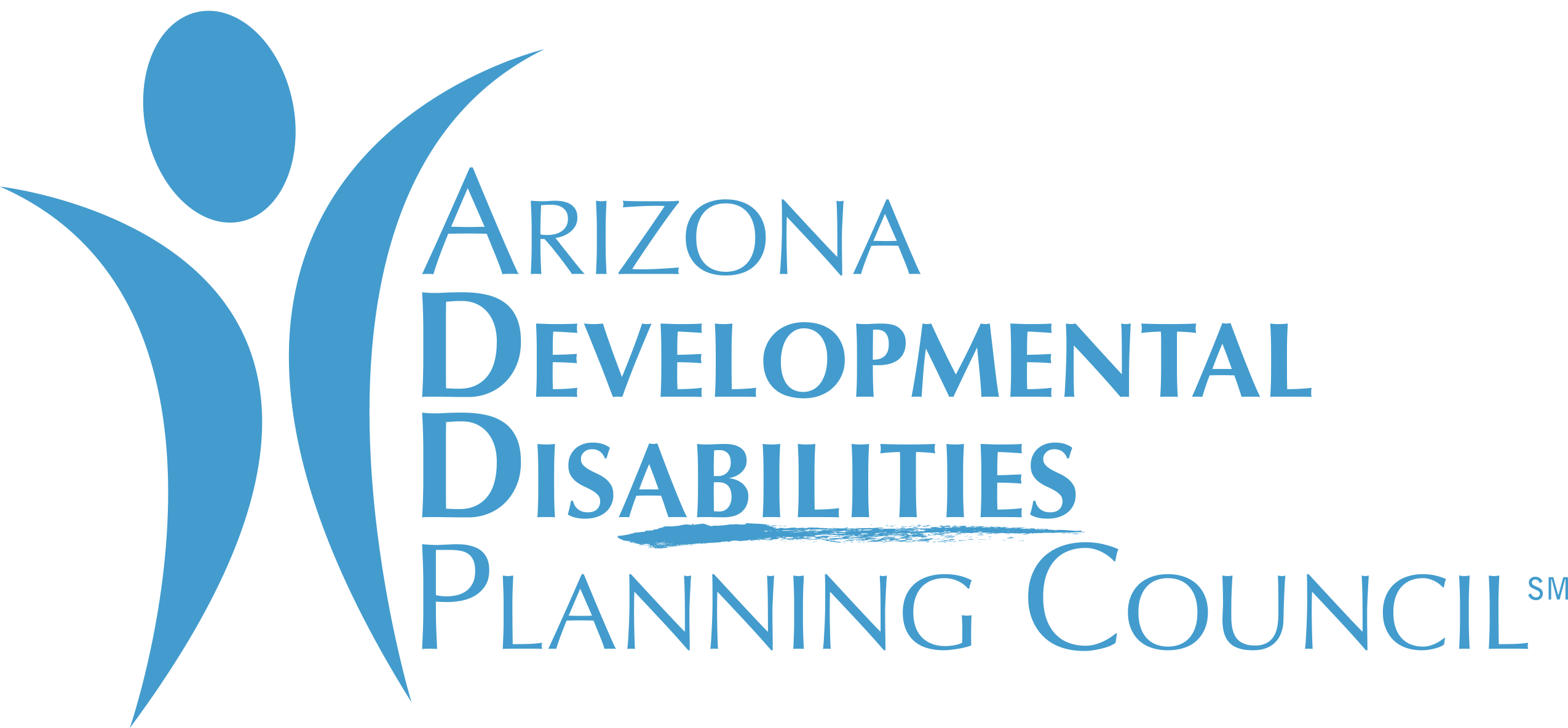2016 Legislative Wrap-Up
Top Reasons the 2016 Legislative Session was a win for Arizonans with disabilities
By Sarah Ruf, Community Relations Specialist, Arizona Developmental Disabilities Planning Council
It was a bumpy ride at times, but multiple bills benefitting Arizonans with disabilities and their families ended up earning the signature of Gov. Doug Ducey after the Spring 2016 Legislative session at the State Capitol in Phoenix. For full details, head over to our Legislation page.
1. Building up savings just got easier thanks to ABLE
After months of working with a coalition of disability groups, financial institutions and families, state Rep. John Allen (R-Scottsdale) successfully pushed through Arizona’s legislative version of the ABLE Act, a national effort to open up savings accounts for people with disabilities who want to save money without worrying about losing their Social Security checks.
Individuals (limited to those with disability onset before age 26) will be able to deposit up to $100,000 in tax-free savings accounts with no penalty to their eligibility for some programs. A roll-out date hasn’t been announced yet, but the Governor has signed off on $240,000 to create the program, which will be operated through the Department of Economic Security and a financial institution.
2. Dental care restored for ALTCS members
People with disabilities currently signed up for Arizona Long Term Care Services (ALTCS) earned back dental care benefits that were slashed in 2009 due to budget cuts. Benefits now include $1,000 per year for care such as crowns and cleanings.
3. Vocational Rehabilitation got some new money
The Department of Economic Security received an extra $2.4 million for vocational rehabilitation services to individuals with disabilities, nearly doubling its annual budget and bringing it to $5.4 million. The program provides job counseling and training, placement help and technology supports for people with disabilities looking for work.
4. Fees waived for service animals licenses
Individuals who train service animals—dogs and miniature horses—no longer have to pay any license fee typically required from a city, town or county board of supervisors. This can apply to both professional trainers and service animal users who train their own animals.
5. More rights solidified for service animals users—and business owners
It’s definitely not the full legislation introduced by a state senator and a nonprofit that trains service dogs earlier this year, but a new law reiterates the federal mandate that service animals must be housebroken and in control or risk getting kicked out of a business. That means animals must be leashed unless a leash would interfere with the task they are trained to perform or the user is not able use one. Owners are allowed to return to the business without the animal under the statute.
Additionally, any person or entity that violates the rights of individuals who use service animals is guilty of a class 2 misdemeanor.
6. KidsCare restored after long freeze
A huge win for low-income Arizona kids: KidsCare coverage restored and the state's Medicaid program once again prepared to enroll children who live in households between 133 percent and 200 percent of the Federal Poverty Limit. Gov. Ducey signed into law a restoration of Arizona’s version of the federal Children's Health Insurance Program, or CHIP, after a freeze on enrollment in January 2010. Applications are available here starting July 26, 2016.
7. ESAs expand
Empowerment Scholarship Accounts, known as ESAs, give families of students with special needs cash (in the form of debit cards) to spend on tuition fees, textbooks, speech and occupational therapy and tutors. Thanks to Senate Bill 1457, the accounts are now also available to siblings of qualified students and kids whose parents are legally blind, deaf or hard of hearing, and to those who attended a preschool that specialized in teaching kids with disabilities.
The Department of Education will also now evaluate if a student with special needs can continue under the program after turning 18, the cutoff age in past years.






